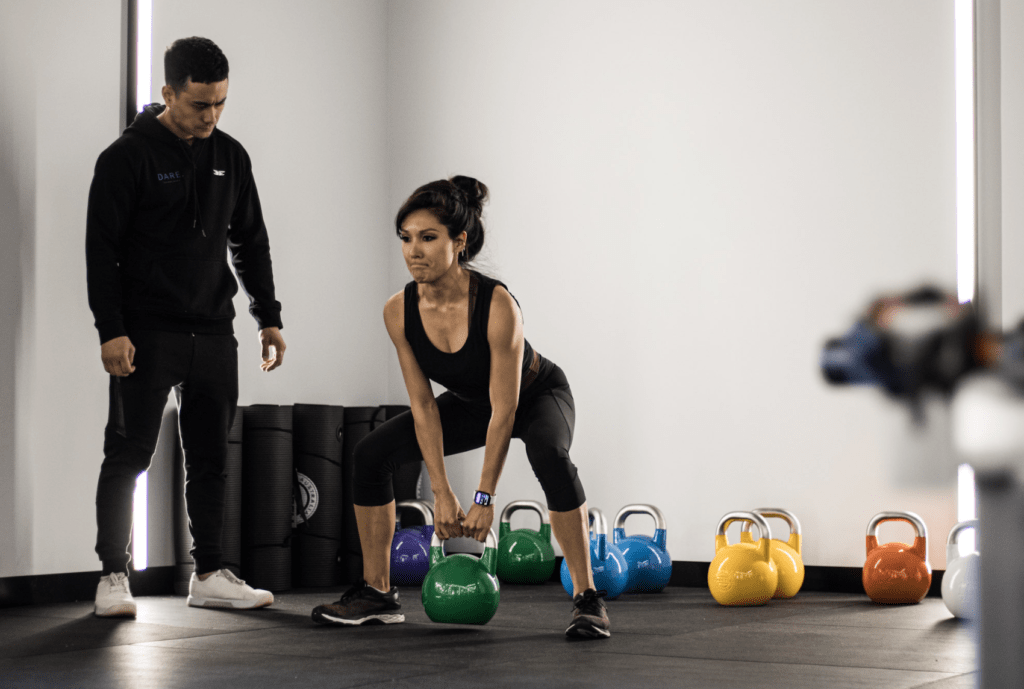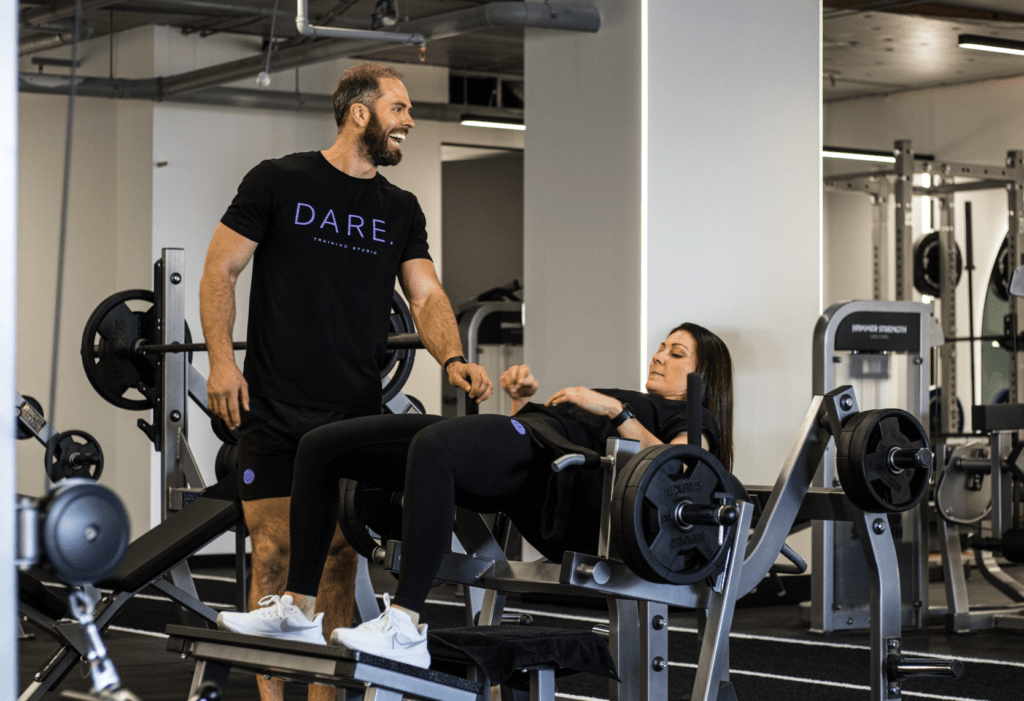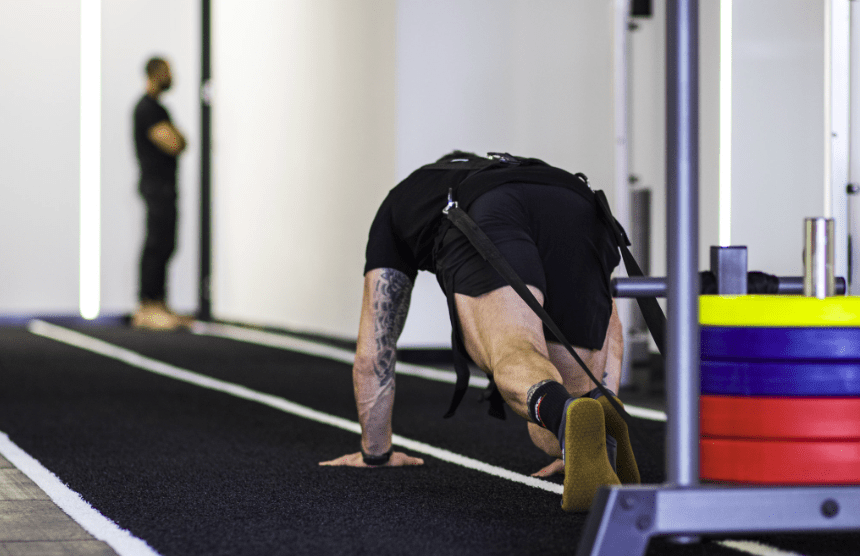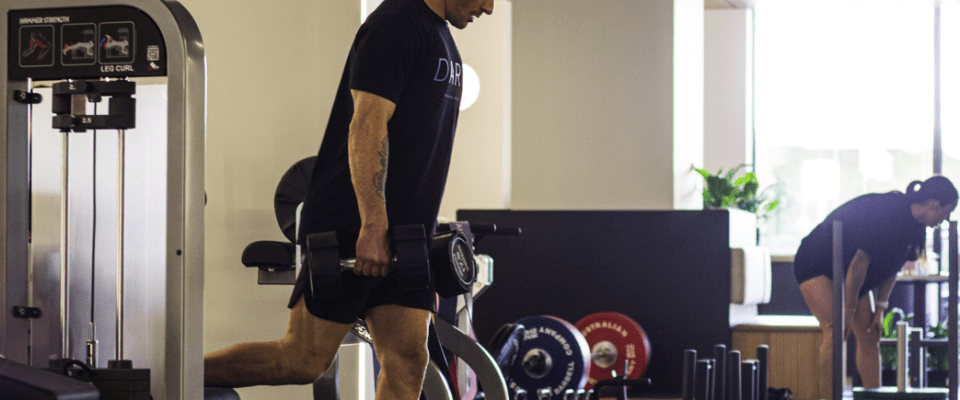The Ultimate Guide to Bodybuilding Competitions: Everything You Need to Know
By David OttobreDare MD
If you’re interested in bodybuilding, you may be considering entering a competition. But where do you start?
This guide covers everything you need to know, from creating a training and nutrition plan to perfecting your posing and stage presence. Whether you’re a beginner or a seasoned competitor, this guide has something for everyone.
Understanding the Different Types of Bodybuilding Competitions
Before you start preparing for a bodybuilding competition, it’s important to understand the different types of competitions that are available. There are several different categories, including bodybuilding, physique, figure, and bikini.
Each category has its own set of rules and requirements, so it’s important to choose the one that best fits your goals and physique. Do your research and attend some competitions to get a better understanding of what each category entails.
Choosing the right division is crucial, as you’ll want to choose a division that not only fits your physique but also aligns with your goals. If you’re looking to compete in a bodybuilding competition, you’ll want to focus on building muscle mass and definition but there are different ‘styles’ to the traditional bodybuilder look.
If you’re more interested in a toned and athletic look, the physique or figure categories may be a better fit. Whereas if you’re interested in getting as big as possible and putting on huge amounts of muscle, the bodybuilding categories may be a better fit.
The main categories at bodybuilding competitions
For men, the 3 main categories of bodybuilding competitions are:
- Men’s physique: This is a more natural look with a focus on proportions and lean muscle quality. This can be ideal for beginners or those with a focus on health.
- Classic physique: These bodybuilders have more muscle than those in the men’s physique category and undergo more conditioning.
- Bodybuilding: This is a category for hardcore bodybuilders. It’s a big, muscular look that’s very hard to achieve.

Bodybuilding competitions for females
For women, the 4 main categories that you see at bodybuilding competitions are:
- Bikini: This is the ideal competition for women entering the sport and focuses on a more natural look with hips and shoulders in proportion to create an hourglass look.
- Figure: This category is more muscular with bigger shoulders and legs and a focus on symmetrical muscle.
- Physique: In this category you start to see very lean women with 8-10% body fat and lots of lean muscle. It’s a more natural look than bodybuilding.
- Bodybuilding: The bodybuilding category is judged by weight and not height, with a focus on a high percentage of muscle mass and low body fat. This category has become less popular for women as it’s not always healthy for women to attain.
What training is needed to enter a bodybuilding competition?
Different categories require different levels of training, however developing a solid training plan is essential for anyone looking to compete in a bodybuilding competition.
Your training plan should focus on building muscle mass and definition in the areas that will be judged in your chosen division. This may include exercises that target specific muscle groups, such as squats for leg development or bench press for chest and triceps.
It’s important to also incorporate cardio and flexibility training to improve overall fitness and prevent injury. Consult with a personal trainer or coach to create a customised training plan that fits your goals and abilities.
How much focus is on nutrition when bodybuilding?
A lot. Training is important, of course, but the nutrition side of things is where competition prep becomes extra challenging.
Your diet should be high in protein to support muscle growth and low in fat to promote definition and your fat and carb distribution will be dependent on body type, training load and starting place. It’s also important to consume enough carbohydrates to fuel your workouts and provide energy for your body.
Consider working with a personal trainer or coach who can create a meal plan that meets your specific needs. In addition to a healthy diet, many bodybuilders use supplements such as protein powder, creatine, and pre-workout formulas to enhance their performance and recovery. However, it’s important to research and choose supplements carefully, as some may have negative side effects or interactions with medications. Always consult with a healthcare professional before starting any new supplement regimen.

What are the poses in bodybuilding?
The eight mandatory poses in bodybuilding are the front double biceps, front lat spread, side chest, back double biceps, back lat spread, side triceps, abs and thighs, and the most muscular pose. These poses are used in competitions to showcase the athlete’s muscle development and symmetry.
Posing and stage presence are crucial components of a successful bodybuilding competition and judges will be looking for contestants who display confidence, poise, and a strong stage presence.
Tips for bodybuilding competition poses:
- Practise your posing routine regularly to ensure that you are comfortable and confident on stage.
- Consider working with a posing coach to perfect your routine and get feedback on your form.
- Choose the right attire for your competition, as your outfit can impact your overall presentation.
- Remember to smile and make eye contact with the judges and audience
- Project confidence and enthusiasm throughout your routine.

Frequently Asked Questions About Bodybuilding Competitions
Take a look at the most frequently asked questions about bodybuilding competitions. Whether you’re fresh to weight lifting or have been thinking about competing for a while, this Q&A may answer some of your burning questions.
What’s the best age to start bodybuilding?
Bodybuilding should be taken up after puberty, as the sport can take a strain on the body that can impact your hormones. By your late teens and early twenties, you should be ready to start bodybuilding without any detrimental effects on the body.
There is no harm in weight training and exercising before this age, but the extreme dietary changes that are sometimes needed for bodybuilding shouldn’t be attempted until after puberty.
For men, between the ages of 20-25 your body will be primed for building muscle thanks to testosterone levels being higher. Testosterone levels gradually decreased with age, being highest in the 20–25 years age group and lowest in the 65–70 years age group. It’s not the only factor to consider, but higher levels of testosterone have been proven to increase muscle mass and protein synthesis.
How do you become a bodybuilder?
Anyone can become a bodybuilder, they simply have to start by entering an amateur competition and work their way up.
To be a successful bodybuilder, you’ll likely have to undergo a complete lifestyle makeover focusing on building muscle and losing fat. To become professional in the sport, you’ll need to gain recognition from one of the more prestigious international bodybuilding competitions like IFBB Pro.
To become an IFBB Pro, a bodybuilder has to earn their IFBB Pro Card by winning a regional weight class and then being invited to the National Championships for their country. From there, if they win or place highly, they may be invited to compete internationally.
How many hours do bodybuilders train?
Possibly not as much as you might think. Interestingly, in studies on professional, drug free bodybuilders, training times were only about an hour per session, completed 5 days a week. Around 5-7 hours per week.
That said, when bodybuilders train, they are working to failure and using progressive overload to build muscle. Equally, a lot of hard work goes in outside of the gym on diet and NEAT exercise to maintain the protein intake and calorie intake needed to hit their goal.
Explore bodybuilding at Dare
Does the idea of competing light you up? At Dare, we’re experts in body composition and have coached bodybuilding competitors to reach their goals. Whether you want to compete in 3 months or 3 years, we can help you get in shape and build muscle.
Want to learn more? Chat to a member of the Dare family today.
